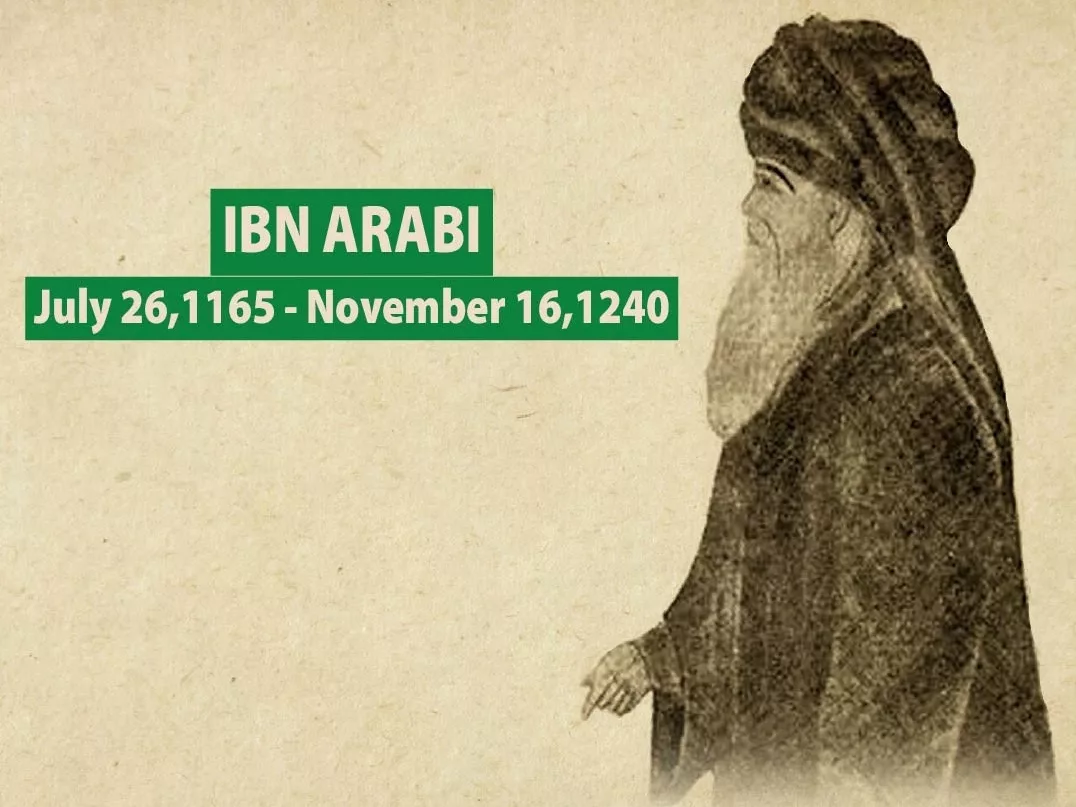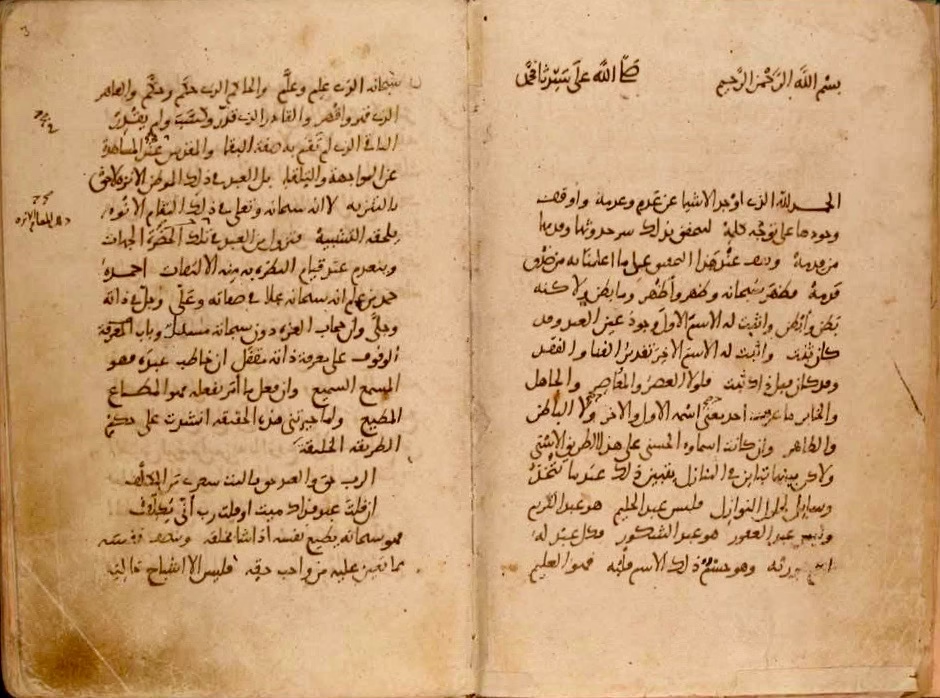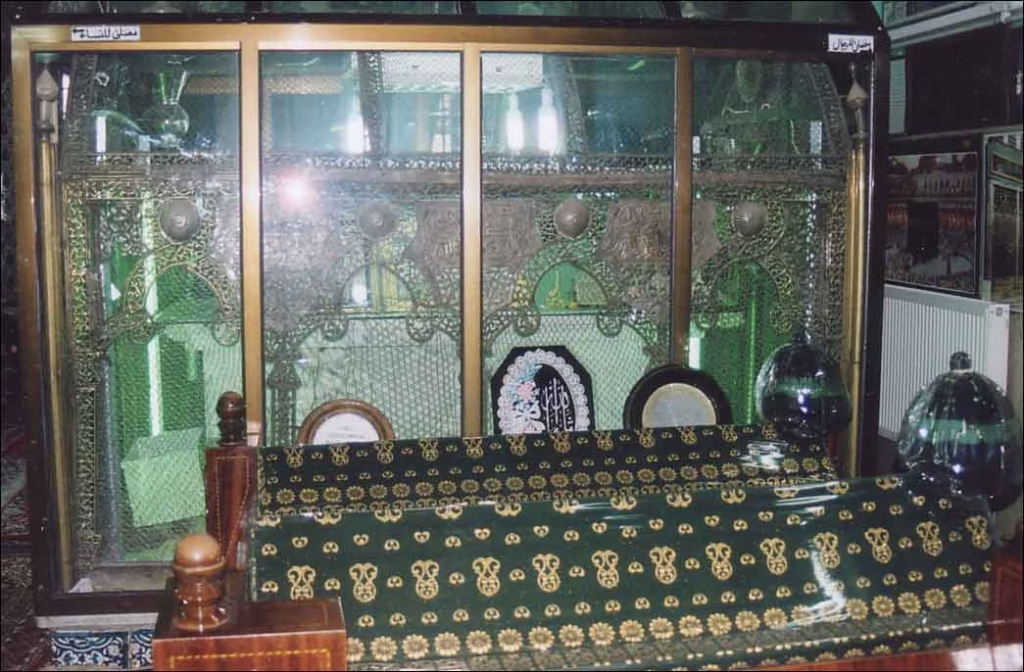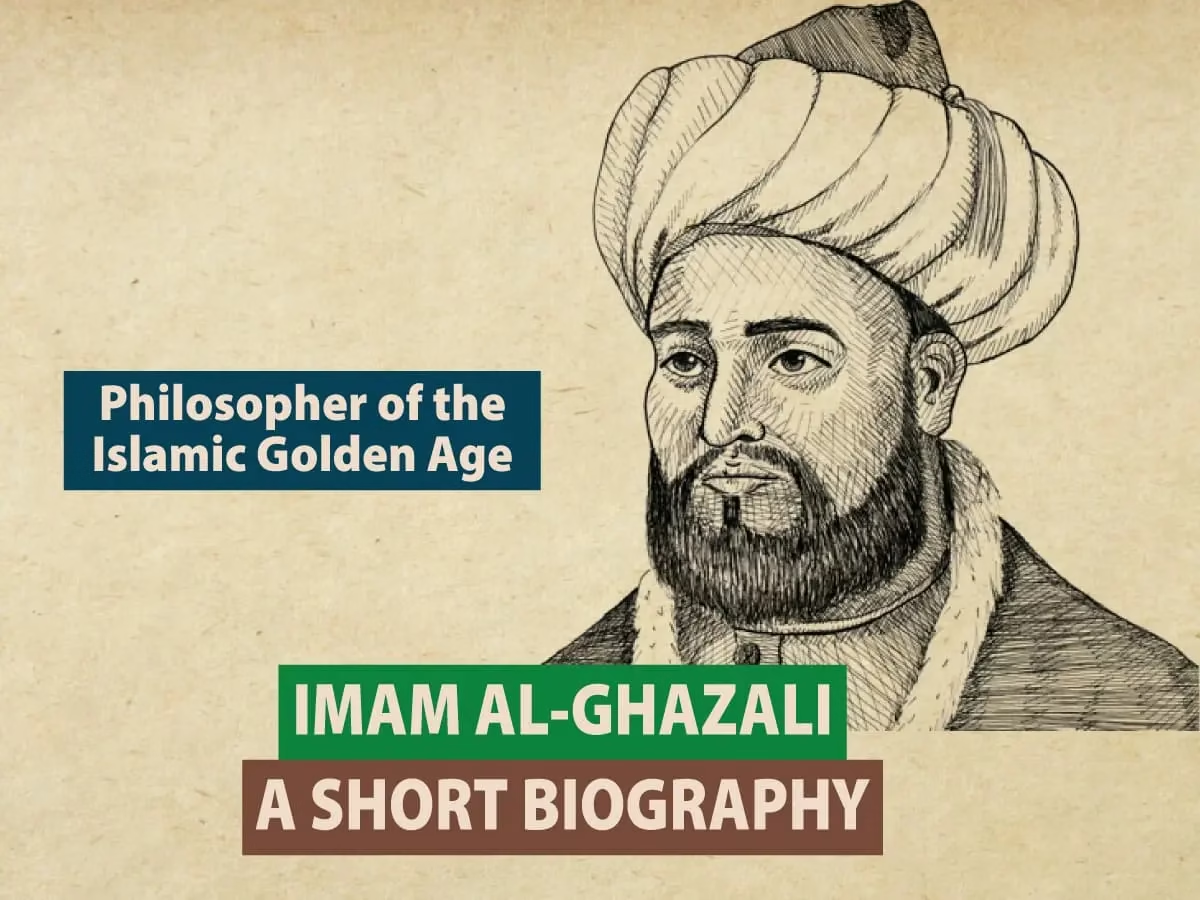On July 26, 1165 CE, Muhyi al-Din Ibn Arabi, the renowned Andalusian Islamic scholar, theologian, philosopher, Sufi, and poet, was born in Murcia, Spain. Widely known as “Muhyiddin” (meaning the Revivifier of Religion) and “Shaykh al-Akbar” (meaning the Greatest Master), Ibn Arabi became one of the most influential figures in the history of Islamic mysticism.

Early Life and Education
Ibn Arabi grew up in Muslim Spain (al-Andalus), a region known for its vibrant culture, philosophy, and interfaith exchange. From a young age, he showed deep interest in spirituality, theology, and philosophy. His education exposed him to both religious sciences and philosophical thought, shaping his future path as a mystic and thinker.
Spiritual Journey and Teachings
As a young man, Ibn Arabi traveled extensively across the Islamic world — including North Africa, Egypt, Mecca, and Syria — in pursuit of spiritual knowledge. He studied under many great Sufi masters and soon developed his own mystical philosophy that emphasized the unity of existence (Wahdat al-Wujud) — the idea that all creation reflects the presence of the Divine.
His writings sought to bridge the gap between reason and revelation, and between law and mysticism. Ibn Arabi’s approach helped later generations understand Islam not only as a set of external practices but as an inner, spiritual experience.
Major Works and Influence
Ibn Arabi was an incredibly prolific writer. Among his most celebrated works are:
- Al-Futuhat al-Makkiyyah (The Meccan Revelations) — a monumental encyclopedia of spiritual knowledge.
- Fusus al-Hikam (The Bezels of Wisdom) — a deeply symbolic and philosophical text exploring the wisdom of the prophets.
His writings influenced countless scholars, Sufis, and poets across centuries — including Rumi, Jami, and Mulla Sadra. Ibn Arabi’s thought became a cornerstone of Sufi philosophy, shaping spiritual discourse from Andalusia to the Ottoman Empire and beyond.
See Also: Mawlana Abd al-Rahman Jami, A Short Biography

See Also: Imam al-Tirmidhi, A Short Biography
Legacy
Ibn Arabi passed away in 1240 CE in Damascus, Syria, where his tomb remains a place of pilgrimage for many. His teachings continue to inspire spiritual seekers and scholars around the world, emphasizing love, unity, and divine presence as the essence of all existence.



